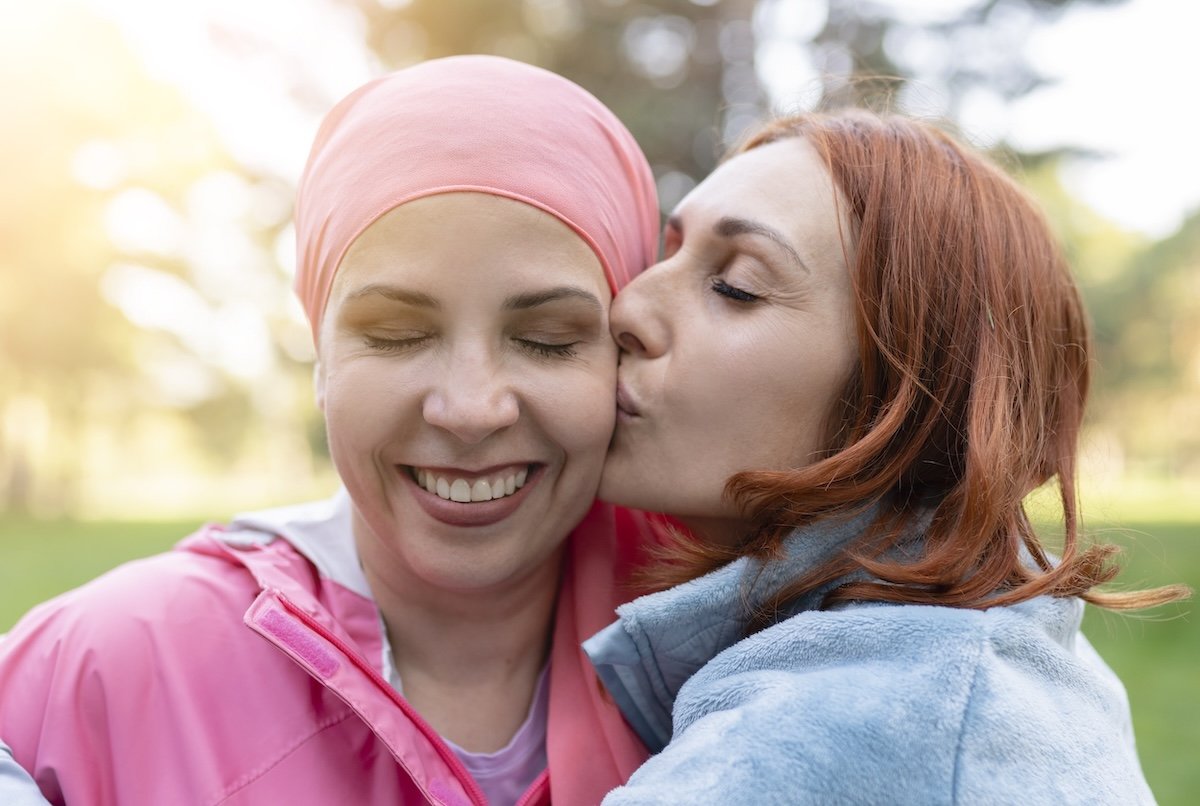After the Diagnosis: Supporting Women Cancer Survivors
Surviving cancer changes everything. The day the treatment ends is not the end of the story. For many women, it marks the beginning of an entirely new chapter, one filled with uncertainty, new physical realities, emotional recovery, and the long-term management of a body and life reshaped by illness.
Cancer survivorship is a growing area of focus in women's health, yet the support many women receive after treatment often falls short. Follow-up care tends to center on cancer recurrence and surveillance, which are critical, but they are only part of what survivors need to truly heal. Physical recovery, hormonal shifts, mental health, sexual function, and identity all deserve the same level of attention.
As we recognize National Cancer Survivors Day, this is a moment to highlight what comprehensive cancer survivor care should look like and how women can be better supported not just to survive, but to live fully.
The Physical Realities After Cancer
Cancer treatments such as surgery, chemotherapy, radiation, and hormone therapy leave lasting impacts on the body. These effects can vary depending on the type of cancer and treatment received, but they often include:
Fatigue and reduced stamina
Joint and muscle pain
Peripheral neuropathy (nerve pain or tingling)
Lymphedema (swelling due to lymph node removal or damage)
Bone density loss
Hormonal imbalances and early menopause
Changes in weight and metabolism
Women may also experience long-term skin changes, cognitive fog, and gastrointestinal issues. These are not temporary inconveniences but real barriers to returning to the life they knew before cancer. Survivors often feel pressure to “bounce back” quickly, yet the physical aftermath of cancer can take years to stabilize.
Ongoing management of these symptoms is essential. Individualized care plans, physical therapy, hormone support, and medication reviews should be part of regular follow-up, not afterthoughts. Survivorship is not the absence of cancer. It is the presence of life, with new considerations.
Hormonal Changes and Sexual Health
For many women, one of the most unexpected and distressing changes after cancer is the impact on hormonal health. Breast, ovarian, and endometrial cancer treatments often involve the removal of hormone-producing organs or medications that suppress estrogen. These interventions can lead to symptoms of sudden menopause, including hot flashes, vaginal dryness, sleep disturbances, and mood swings.
Women after cancer often report a sharp decline in sexual health and intimacy. This may be due to physical discomfort, body image changes, or loss of libido. Yet these issues are frequently overlooked in standard oncology follow-up visits.
Survivorship care should include space to discuss these concerns. Providers must be prepared to address vaginal dryness, painful intercourse, and libido changes with both sensitivity and solutions. Vaginal moisturizers, pelvic floor therapy, and open communication with partners can all play a role. Hormone therapy may be considered for some survivors, depending on their cancer type and risk profile, and should be discussed openly with a knowledgeable provider.
Mental and Emotional Recovery
Cancer does not end when treatment stops. Many survivors experience emotional whiplash once active care concludes. After months or years of focused appointments and treatment routines, they are left with less medical structure and more internal processing. This period can include:
Anxiety about recurrence
Depression or mood swings
Fear of medical settings or scans
Survivor’s guilt
Disrupted relationships or social withdrawal
Difficulty reintegrating into work or family life
Survivorship brings its own identity crisis. Many women no longer feel like the person they were before cancer, but they are unsure how to relate to who they are now. These emotional shifts deserve validation and support.
Mental health care is a vital part of survivorship and women’s health. Counseling, support groups, and trauma-informed care help survivors regain a sense of stability and control. Providers should screen for post-traumatic stress and depression during survivorship visits, and referrals to therapists who understand the emotional layers of cancer recovery should be readily available.
A Holistic Approach to Long-Term Wellness
Survivorship care is not a checklist. It is a partnership between the patient and her care team that evolves over time. It should include:
A personalized care plan that outlines follow-up screenings and symptom management
Coordination between primary care, oncology, mental health, and specialists
Education about nutrition, movement, and lifestyle changes that support healing
Addressing medication side effects and adjusting treatments as needed
Emotional support and validation of lived experience
Holistic care also means providers must ask better questions. Instead of simply focusing on recurrence, they can ask:
How are you sleeping?
Are you able to do the activities you enjoy?
How do you feel in your body now?
Is there anything about your care that feels missing or confusing?
These questions invite real dialogue, allowing care to shift toward thriving, not just monitoring.
Redefining Strength on Your Own Terms
Survivorship is not about returning to who you were before. It is about becoming someone new, with wisdom, scars, strength, and softness all woven together. Women cancer survivors carry powerful stories. Those stories should be honored with equally powerful care, care that addresses the whole person, not just the disease.
Many women feel they must be grateful just to be alive, and while gratitude is real, so is the grief for what was lost. This duality is part of survivorship. Holding space for both is part of healing.
You deserve care that helps you feel well in your current body, confident in your future, and supported in your new identity. Cancer may have changed your path, but it does not get to define your destination.
A Life Worth Living After Cancer
Cancer survivorship is not the end of a journey. It is the beginning of a new one, filled with possibilities, uncertainties, and strength. With the proper support, women can navigate this phase with greater ease, clarity, and wellness.
At Ms.Medicine, we believe women deserve care that addresses every layer of survivorship. From long-term physical recovery to emotional well-being and hormonal support, we are here to walk beside you every step of the way.
You are more than a survivor. You are a whole person, and your care should reflect that truth every day.




